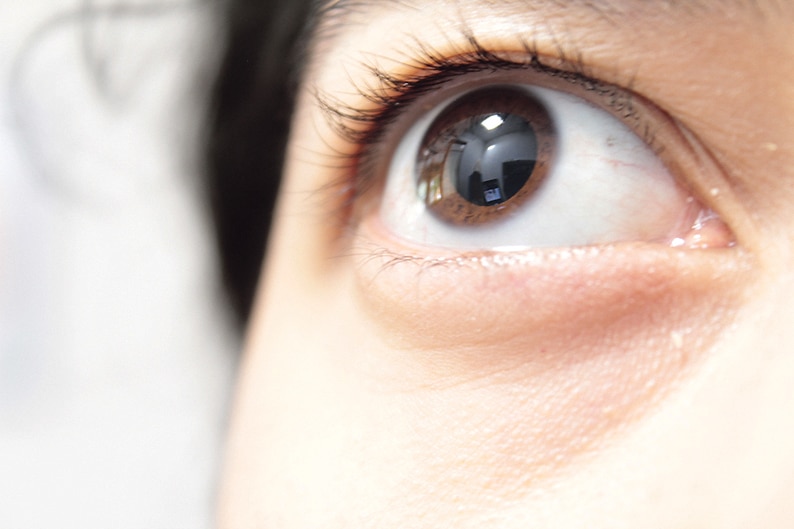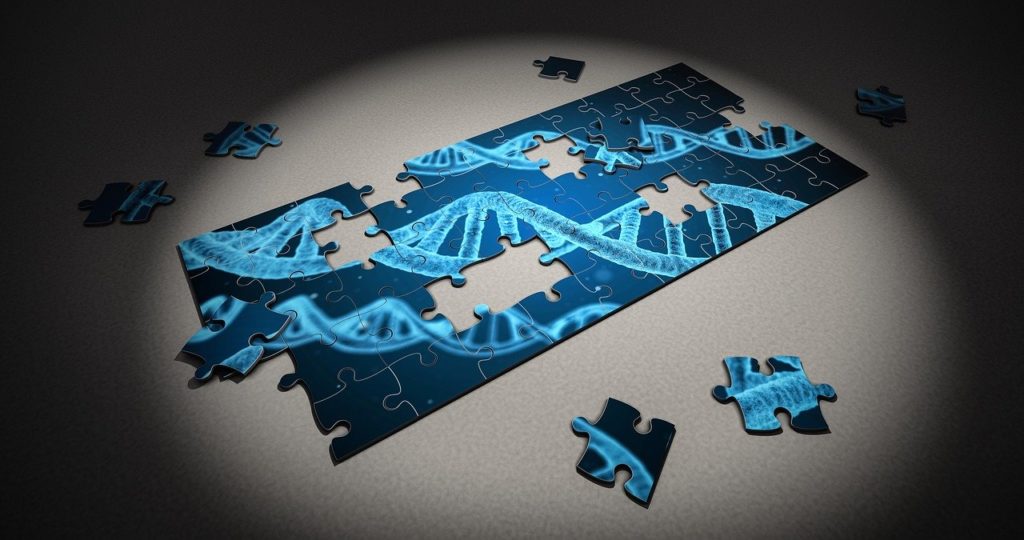
Eoin Roe has a chiropractic clinic in Skibbereen. He is also a certified functional medicine practitioner and provides help with chronic health conditions.
Call 087 9582362
www.roehealth.ie
Everyone knows intuitively that stress is bad for your health. It is also true that stress does manifest in real physical symptoms and changes to your physiology. In clinic, I am regularly seeing manifestations of stress in teenagers, which can potentially, over time, lead to ill health.

Dilated pupils
Dilated pupils are when the black part of the eye are bigger than they should be; this is often quite easy to spot and is a direct result of the sympathetic stress response. The body responds this way in times of stress to improve visual acuity (how well you see).
Certain drugs can also cause pupil dilation including common recreational drugs and some pharmaceutical ones.
Cold hands and feet
Many people come into clinic with chronically cold hands and feet, even young people who do not have circulation problems. In times of stress your body automatically causes peripheral blood vessels to constrict and the large blood vessels supplying the heart, lungs and large muscles to enlarge, therefore allowing for a better physical response to fight or to run away.
Variable heart rate or raised heart rate
Your heart rate is controlled by the autonomic nervous system (ANS), which includes the sympathetic and para-sympathetic responses or, in layman’s language, the stress response versus the resting response. When these systems are stressed you can experience a variable or raised heart rate.
Stomach ache and feeling like not eating
When the sympathetic stress response is over active, the rest and digest response will not work well. This affects our body’s ability to release digestive enzymes at the correct time. When this happens people often feel full very quickly, nauseous or have a lack of appetite.
What causes the stress response?
There is often a lot of attention given to emotional stressors – work, money and relationships – as being the main culprits in the stress response. It is true that these will add to the total amount of stress and can trigger a real stress response.
However there is much less attention given to the things we do every day and how they affect our stress response. The most important stressor I see is people not eating regularly and not eating enough. Not eating has a direct effect on your ability to maintain stable blood sugar level through the day and this is a very significant stressor.
The first thing we can do to manage stress is to eat a well-balanced breakfast, lunch and dinner.
Secondly, exercise will help us manage stress; the research is very clear that exercise and being physically active are some of the best ways to manage our stress levels.
Thirdly, get adequate sleep between 10pm-7am. Lack of sleep or sleeping at the wrong time has a direct effect on how our body manages stress by altering our circadian rhythm and stress hormones.
The other two common things that contribute to a heightened level of stress is caffeine intake and smoking. Both of these products are known as sympathomimetics – meaning they directly mimic the stress response.
So what do we do?
Once someone has got themselves into a significant level of autonomic dysregulation, it can be hard to get out of. ‘Stoicism’ is a school of thought from ancient Greek and Roman times. One of the tenants of Stoicism is to concentrate on what you can control and don’t worry about what you can’t.
Many of the things we get stressed about are out of our control, realising that, and choosing to not worry about them can be very liberating. This is the same for health – sometimes we can’t control things but there are number of things that are under our control.
We can choose what to eat and when to eat, we can choose to do some exercise or stay active and get outside, we can choose to go to bed at a certain time, we can choose decaffeinated drinks, we can choose to stop smoking and, if we are struggling, we can seek help.
If you would like some help to manage chronic stress please feel free to contact us at www.roehealth.ie or give me a call on 087 958 2362.
Eoin Roe is a Certified Functional Medicine Specialist and Doctor of Chiropractic based in Skibbereen, West Cork.


